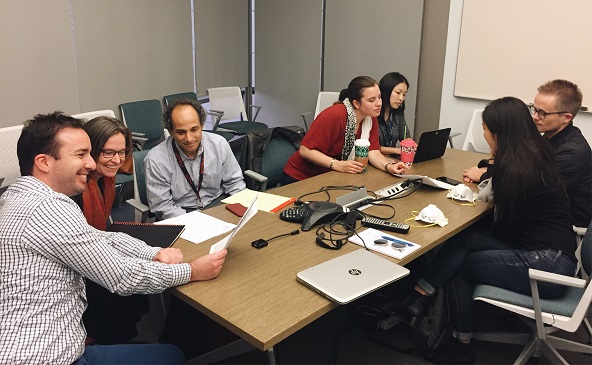Consent for data sharing in dementia research

In a journal club led by Jalayne Arias, Renaud La Joie, and Jen Yokoyama, we discussed consent for data sharing within dementia research, focusing on arguments presented in Consent recommendations for research and international data sharing involving persons with dementia by Adrian Thorogood et al.
Jalayne initially provided an historical review of the Bermuda Policies, the Henrietta Lacks case, and Havasupai Tribe of Havasupai Reservation v. Arizona Board of Regents. With this background in mind, some felt that the article missed an opportunity to address issues unique to patients with dementia and to data sharing in a research context. Rather than describing the complexity of capacity assessment for individuals with varying degrees of cognitive impairment, the difficulty of balancing duty to protect patients from exploitation and duty to respect patients’ right to participate in research, or the barrier to international research collaboration presented by inconsistent data sharing laws, the article addresses vulnerable populations and consenting challenges in general. Members of our group shared personal experiences addressing contradictory patient and caregiver claims, managing double de-identified patient data, and hesitating to share data within a competitive research environment. It can be a challenge to clarify the concept of data sharing so as to accurately inform patients and debunk slippery slope arguments about what researchers can and cannot achieve with an individual’s data.
Reflecting on public mistrust of biomedical research as a result of infamous studies, like the Tuskegee syphilis experiment, we emphasized our responsibility to cultivate a positive relationship between research participants and UCSF as an institution. We also recognized the public’s call for penalizing researchers who violate data sharing policies beyond academic black listing. Regarding research involving disenfranchised or stereotyped groups, we deliberated the possibility of including a community representative within the consent committee.
 Decision Lab
Decision Lab